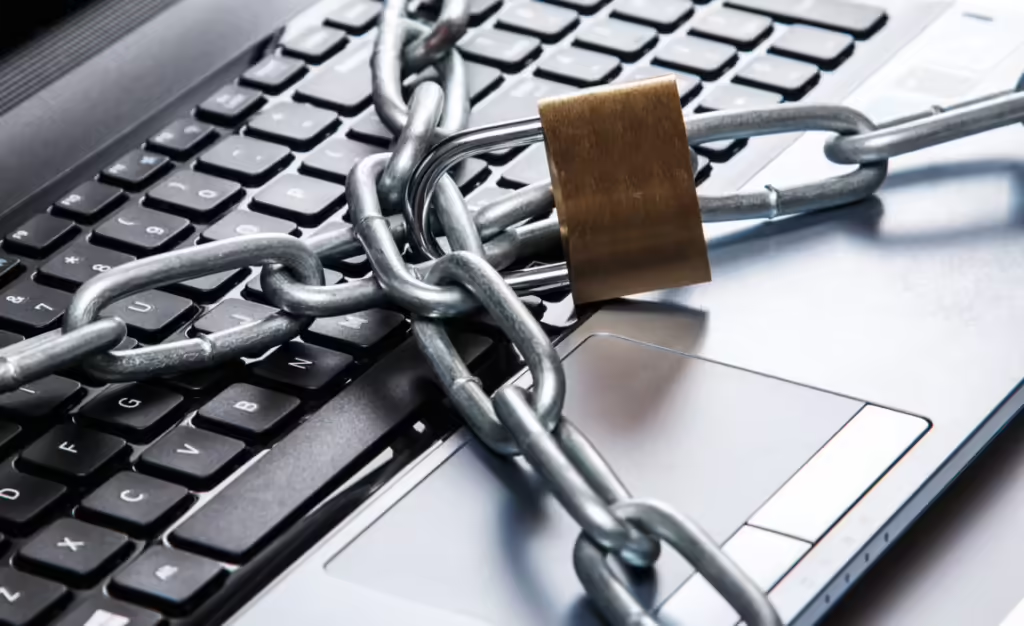We’re letting you know that this post contains sponsored links which Your Savvy Purse receives compensation for, which may impact their order of appearance.
In today’s hyper-connected world, online privacy is becoming more important than ever. From the data we share on social media to the websites we visit and the transactions we make, our personal information is constantly being collected and stored. Fortunately, there are steps you can take to protect your privacy and safeguard your data. Here are five things you can do right now to help protect your online privacy.
1. Use Strong, Unique Passwords for Each Account
One of the most basic yet effective ways to secure your online presence is by using strong, unique passwords for every account. A common mistake is reusing the same password across multiple sites, which makes it easy for hackers to access your accounts if one site is compromised.
Action Steps:
- Use a mix of upper and lowercase letters, numbers, and symbols in your passwords.
- Avoid using easily guessed information, like your name or birthdate.
- Consider using a password manager to store your passwords securely, especially if you have trouble remembering complex combinations.
By adopting strong, unique passwords, you make it much harder for cybercriminals to gain unauthorized access to your accounts.
2. Enable Two-Factor Authentication (2FA)
Even if your password is strong, it’s still vulnerable if someone manages to steal it. That’s where two-factor authentication (2FA) comes in. 2FA adds an extra layer of security by requiring a second form of identification—usually a code sent to your phone or generated by an app—before you can access your account.
Action Steps:
- Enable 2FA on all accounts that offer it, especially for email, banking, and social media accounts.
- Use an authenticator app (like Google Authenticator or Authy) instead of relying solely on SMS codes, which can be intercepted.
2FA is one of the simplest yet most powerful ways to defend against unauthorized access to your accounts.
3. Limit the Data You Share Online
Every time you sign up for a new service or app, you’re asked to provide personal information, from your email address to your location and even financial details. Being mindful of how much data you share can significantly reduce your exposure to privacy risks.
Action Steps:
- Review the privacy settings on your social media accounts and limit the amount of personal information you share publicly.
- Be cautious about which apps or websites you allow to access your location or personal contacts.
- Read privacy policies carefully before providing personal information, and opt out of unnecessary data collection when possible.
Remember, less is more when it comes to personal data online. Only share what’s absolutely necessary.
4. Use a VPN (Virtual Private Network)
A Virtual Private Network (VPN) encrypts your internet connection, making it much harder for third parties (like hackers, advertisers, or even your internet service provider) to track your online activity. Whether you’re browsing on public Wi-Fi or just want to ensure your data is kept private, a VPN can provide a significant boost to your online privacy.
Action Steps:
- Choose a reputable VPN service with strong encryption and a no-logs policy.
- Always connect to a VPN when using public or unsecured Wi-Fi networks.
- Remember to disconnect from the VPN when it’s not needed, as some sites may block access when they detect VPN traffic.
A VPN is one of the easiest and most effective tools to shield your browsing activity from prying eyes.
5. Regularly Review and Update Your Security Settings
Cyber threats are constantly evolving, and so are the tools and features available to protect your data. To stay ahead of potential risks, it’s essential to regularly review and update your privacy settings on both devices and online accounts.
Action Steps:
- Periodically check the security settings on your social media, email, and financial accounts to make sure they’re up-to-date.
- Install the latest security updates for your devices, as these patches often fix vulnerabilities.
- Set up alerts for suspicious activity on your accounts, so you can react quickly if anything seems off.
Staying proactive with your online security ensures that you’re always protected against the latest threats.
Conclusion
Protecting your online privacy may seem like a daunting task, but taking small steps can make a big difference. By using strong passwords, enabling two-factor authentication, limiting your data sharing, using a VPN, and regularly reviewing your security settings, you can significantly reduce the risks to your personal information. These simple actions are essential in maintaining your privacy in an increasingly digital world. Start today, and take control of your online security!



